If we were to fix Nigeria, where should we start?
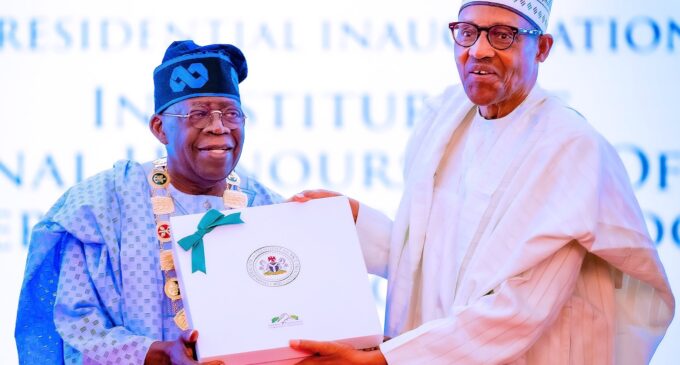
This is an experiment. If it fails, I will tell you, if it succeeds, you will know. But first, happy new year. Welcome to 2024. I’m taking the opportunity of the turn of the calendar to try out something new — a new series called “If we were to fix Nigeria”.
Like many people in my generation, we are getting to this phase of our life, where we are beginning to resign on fixing Nigeria. We witnessed life without the mobile phone and the internet, and in a matter of years, we had mobile phones and the internet at insane speed. In the year of the mobile phone, let’s call that 2003/2004, Nigeria saw economic growth in double digits. We have not seen anything like it since then.
That was two decades ago.
So, we may have gotten the illusion that change is possible, after all, we saw change happen, we lived it. We may have believed that we could fix this nation if we tried. But with every passing day, every policy, every change in government, every single step forward and two backward, our hope is dented.
President Bola Tinubu promised renewed hope, but we went down the change road of former president Muhammadu Buhari and our lives never remained the same.
And one after the other, we resigned to fixing our individual lives in the sea of Nigerian life. We earn enough to buy a car, rent a decent apartment, marry the person of our dreams, pay for a great education for our children, and pray we never get really ill or fall prey to kidnappers. Or we just japa.
Our options are not so many, nor are they too few. Our options are to curate a comfortable life in Nigeria or create a new one in another country. But what if we were to hope again? What if we were to fix Nigeria?
WHAT IF WE WERE TO FIX NIGERIA?
Over the next few weeks, months or throughout the year, I will share my largely optimistic opinions on how I think we can fix Nigeria. For instance, if we were to fix Nigerian electricity, what should we be doing? If we were to fix Nigeria’s foreign exchange crisis, what should we have done? If we were to fix poverty, would we need to call on God? Healthcare, security, and education.
I do not claim to have the expert knowledge to fix these industries, and I am in no hurry; in the past, I used to seek to fix Nigeria quickly, but I have lived through eight presidential elections and reported four of them. I know enough to say fixing Nigeria will not be a sprint.
In some of these articles, after reasoning through the data with you, I will also take the liberty to predict the future if we, as a nation, take certain steps. Simply put, I am attempting to paint a picture of an alternate Nigeria, one where positive things are possible, one we can aspire to, one we can call as light, out of the darkness we see today. Call it prophesy.
The question however remains: If we were to fix Nigeria, where should we start?
START WITH CONSEQUENCES
Since I am speaking to you from my heart, let me lay it on you: I believe the lack of consequence is Nigeria’s biggest challenge. If the government devise a policy and the policy fails, what happens next? The people pay for failure in policy, but the government simply moves on to the next policy.
If the free float of the naira fails — some will argue it already failed — the people pay exorbitant prices for goods and services, but the government moves on to another policy deployment. At least that’s what happened in the past. Not sure what will happen with this administration’s version of float.
If a government promises to fix a refinery in 18 months and takes a loan of $1 billion to do so, at the expiration of the timeline, if that refinery does not process petroleum products for Nigerians to use, there should be consequences.
Consequences apply to every area of the Nigerian life. If the governor of a state in swift travel to deliver a convocation lecture at the state university flouts traffic rules, there should be consequences.
If the commissioner of education in a state devices means to reduce the state’s out-of-school children to near zero in four years, there should be consequences for his good work. In this case, the consequences should come in terms of promotion, rewards, and a bigger assignment.
If we can fix consequences, then there might be some hope, that we can indeed fix Nigeria in one lifetime.
Did you read this far? Then you can reach Mayowa on Twitter and across other social media channels @OluwamayowaTJ to tell him what sectors we should start with and why.

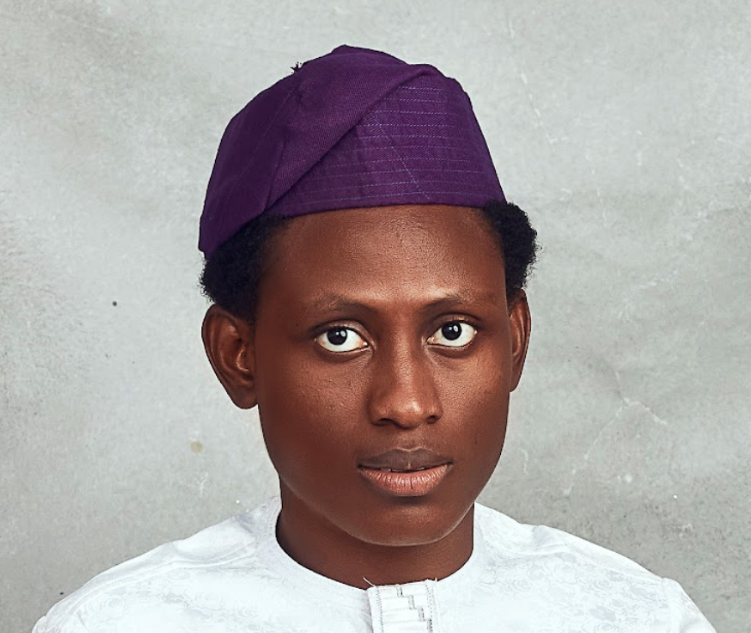

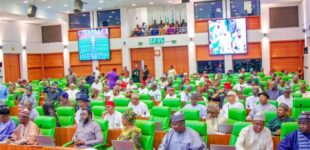

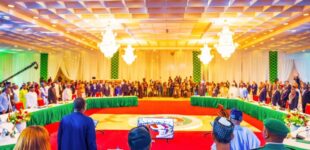
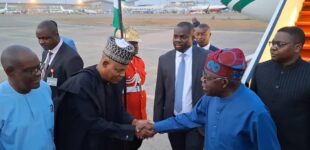
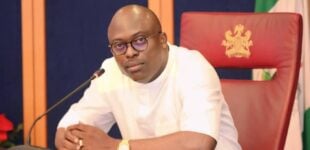

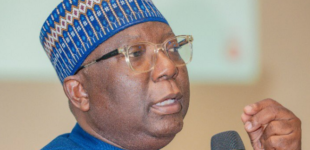



There are no comments at the moment, do you want to add one?
Write a comment